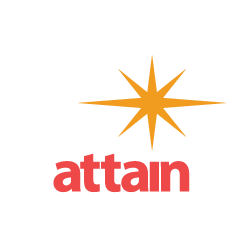What Burger King and Microsoft have in Common: A Customer Centric Approach to Product Marketing
A few weeks ago, I participated in a Webex with CompuCom. I was actually impressed. Their presentation on Microsoft licensing was excellent. They had all of the elements of Microsoft’s latest licensing options packaged together in a consistently formatted, modular structured, and seamlessly flowing presentation. Several different SME’s presented each module, including one presenter from Microsoft financing.
With Windows 7 gaining momentum and virtualization now mainstream, every IT manager is getting educated on how Microsoft’s models will impact their IT operations and, just as important, their IT budgets. I’ve got to hand it to Microsoft. It looks like they’ve delivered a string of winners with Windows 7, Windows Server 2008 R2, Hyper-V, and Office 2010. But what puts them within reach (within budget), and what puts Microsoft over the top, is their financing options for enterprises.
In essence, the Microsoft financing presenter said, “Have it your way.” Yes, they do offer their standard financing packages but (and this is a big BUT), if one of those doesn’t fit, tell them how you want to do it and they’ll work with you. This is a play right out of Burger King’s marketing playbook and makes them very appealing to cash-conscious IT managers. Brilliant? – maybe so.
What’s most appealing is the option to structure your financing in the way that you prefer. This “have it your way” approach gives the IT manager a lot of flexibility to meet the needs of their enterprise, yet maintain their conservative budgets in a still somewhat questionable economy. From an IT Manager’s perspective, it’s the best of both worlds. We get to deploy the latest software and keep the budget under control.
I hope this customer centric approach by Microsoft signals the start of a new trend in technology product marketing – where vendors actually listen and respond to the needs of their customers. What a great concept. If other technology vendors would follow suit, they may be able to make more sales and we could have the IT infrastructure revamped and ready for the full economic recovery when it finally arrives. That’s what I call a win-win proposition.




